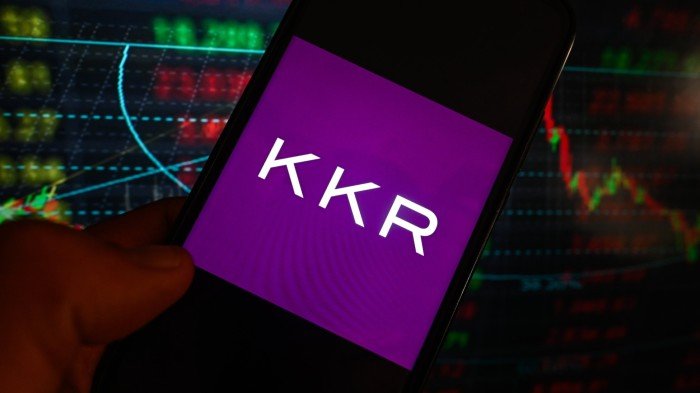Unlock the White House Watch newsletter for free
Your guide to what Trump’s second term means for Washington, business and the world
Running to about 1,000 pages, the US tax package known as the “big beautiful bill” covers a bewildering array of topics. Yet one tweak that ought to have been included wasn’t: the “carried interest” distortion that plumps the feather beds of private equity executives.
This loophole, which dates back to the 1950s, allows managers who oversee private equity investments at firms like Blackstone, KKR and Apollo Global Management to treat their roughly 20 per cent share of the fund’s profit as if it were a return on investment rather than a reward for labour. Their receipts therefore count as capital gains, taxed at a rate roughly half that imposed on regular income.
Logic for this rests on the idea that private equity managers are “investing” their efforts. But remarkably, even some billionaires disagree, including Warren Buffett and JPMorgan chief Jamie Dimon. President Donald Trump himself in 2016 called the tax break “ridiculous”. Progressive group Americans for Tax Fairness calculates that the perk saved top Blackstone and KKR executives a combined $336mn over five years.
So far, despite bipartisan distaste, it refuses to die. Former president Joe Biden came close in 2022, but was blocked by then-Senator Kyrsten Sinema, who now advocates for private capital firms at law firm Hogan Lovells. Nor is it just an American issue: the current UK government also pledged to level the playing field when it comes to carried interest, though it already buckled on some of its proposals.

On one hand, the whole debate might seem a trifle. Closing the loophole would raise just $13bn over a decade, the Congressional Budget Office estimated in December. The Biden administration reckoned half that. Then again, the bill spends more time on financially smaller issues. The CBO’s estimate still amounts to five times what lawmakers claim is saved by cutting funding for gender transition, an item that takes up six pages.
Besides, such revenue estimates are highly uncertain, and rest on assumptions about how those affected would behave. Professor Victor Fleischer at the University of California has estimated the real haul could be as much as $180bn. The vim with which lobbyists oppose the idea suggests the sum at stake is not small.
Elsewhere, Trump’s bill benefits private equity in other ways. For example, companies would be able to offset a greater share of their interest payments against tax, a gift for buyout firms who load up their investments with debt to juice returns. A de facto tax rise on private equity executives in high-tax states such as New York also looks to have been watered down at the last minute.
It’s unlikely voters will notice these points amid the deluge of more high-profile cuts and tweaks. Still, assuming the bill becomes law, buyout barons have once again — in their quiet way — emerged with a pretty good deal.
john.foley@ft.com
